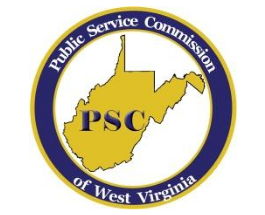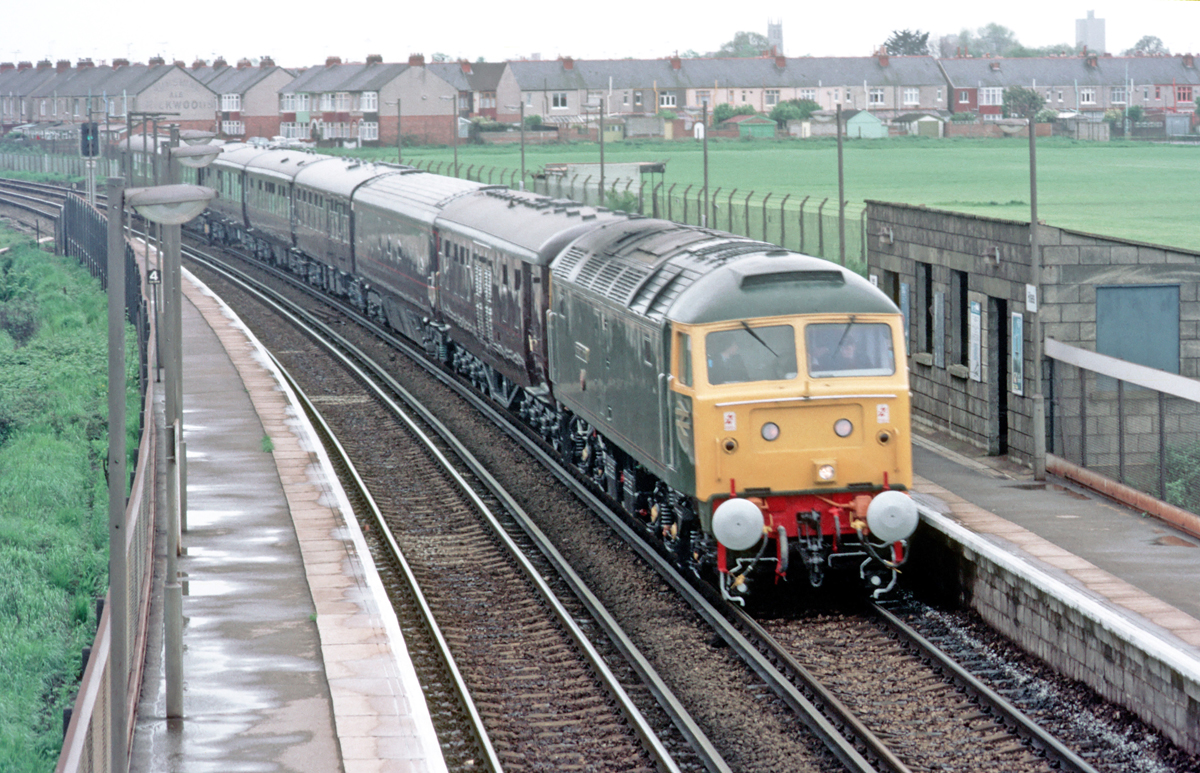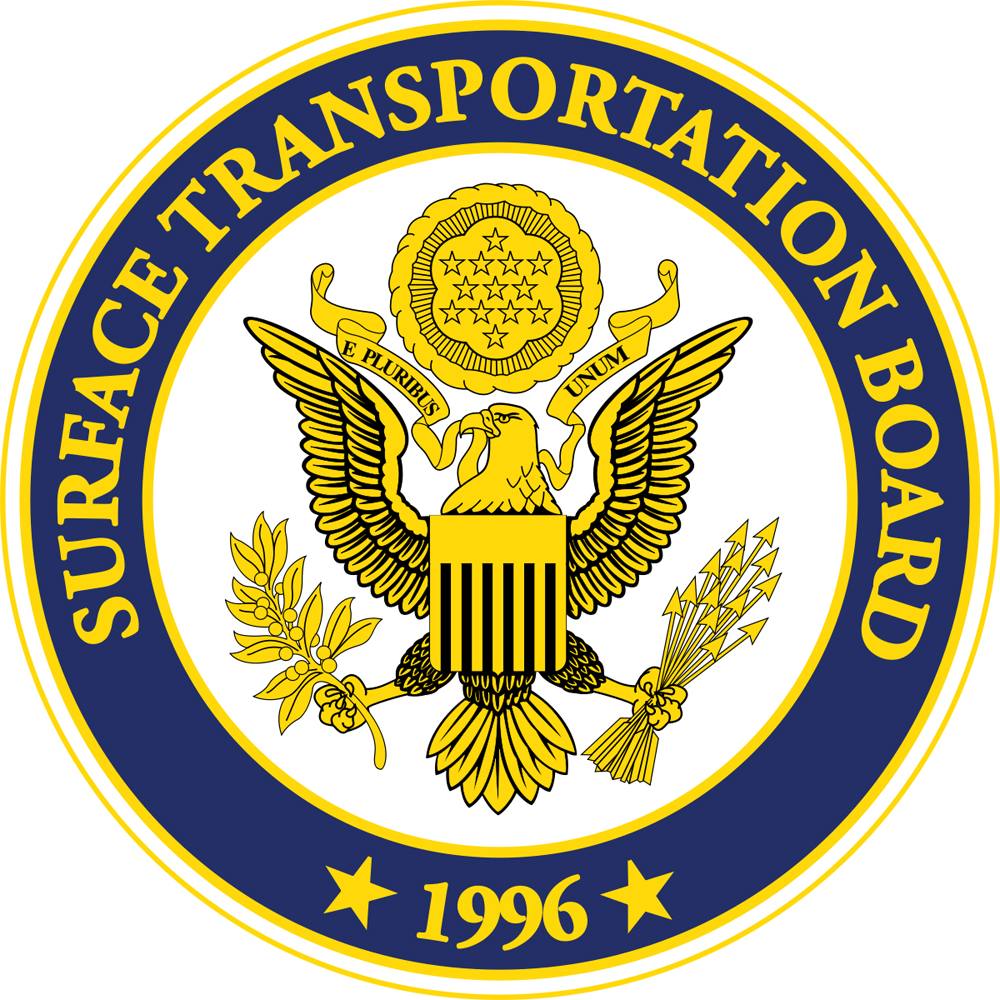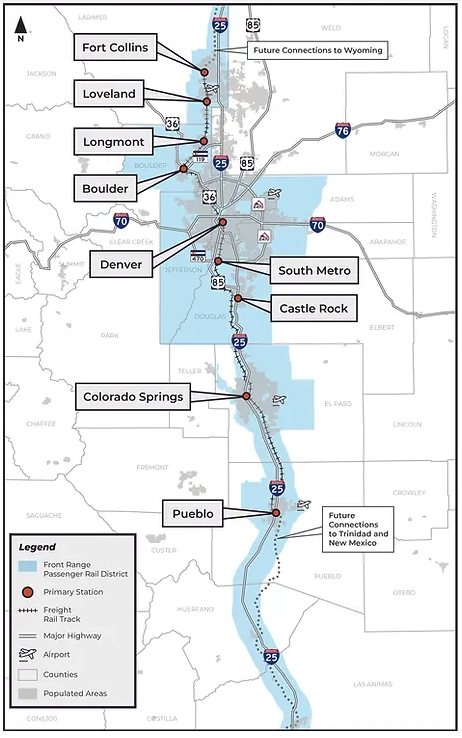 CHARLESTON, W.Va — A bill allowing West Virginia’s Public Service Commission to investigate and fine railroads for safety and operational violations will advance to the full Senate after being advanced by the Senate’s judiciary committee.
CHARLESTON, W.Va — A bill allowing West Virginia’s Public Service Commission to investigate and fine railroads for safety and operational violations will advance to the full Senate after being advanced by the Senate’s judiciary committee.
WCHS-TV reports a CSX Transportation representative testified earlier this month that the railroad believes federal law would prevent HB3059 from taking effect, but the chairwoman of the Public Service Commission, Charlotte Lane, said the agency is “fully prepared to defend it in court,” estimating that would cost about $300,000.
The bill, which previously passed the legislature’s House of Delegates by an 89-3 vote, includes provisions making it illegal to block a grade crossing for more than 10 minutes, and another requiring a train to “immediately clear the crossing” upon notification by an emergency services provider [see “West Virginia legislature advances bill …,” Trains News Wire, Feb. 27, 2023]. It includes penalties of $100 to $1,000 for each violation.














Maybe the railroads should hire people with brains instead of extending trains out to infinity all but making it inevitable that crossings will be blocked, that trains will hold the main because they are too big to fit in sidings. and that going into emergency means nothing because it takes forever to the brakes to set at the end of a two mile train.
Perhaps when the next law of this type is overturned in Federal court, the court could fine the state legislators who passed it and the governor who signed it.
It’s not as silly as you think. The US is has a representative form of government. The congressional representatives from these states, seeing the writing on the wall, CAN enact legislation at the Federal level establishing train lengths.
Mr. Hull is correct at the moment. However, his comments are short sighted. He only needs to read that many congressional representatives are listening to their constituents, and in turn proposing legislation to regulate the railroads.
Only time will tell.
Thank you for making this point again
However, the smarter move would be to ELIMINATE grade crossings entirely across the U.S., instead of imposing regulations on private businesses that would effectively hamstring their ability to compete with trucks. Also, these are STATE representatives, NOT U.S. Senators and Representatives, those are the only people that should be working on these bills. Roger has the right idea, the judge should be allowed to find the State legislators and Governors of those states that propose and pass these laws, as well as make them pay court costs when they inevitably will lose.
Don’t any of these legislators ever read this column? Have any of them heard of precedent? Every time a state, city or cow town has passed such a law, the railroads sue and the law is overturned in court because railroads are subject to federal law, of which there is none for train length or the amount of time a crossing is blocked. Talk about a waste of time and money. The taxpayers should be incensed over this waste of $300,000.
Maybe the courts should force the state and local governments to reimburse the railroad(s) for the legal and administrative expenses challenging these frivolous laws?